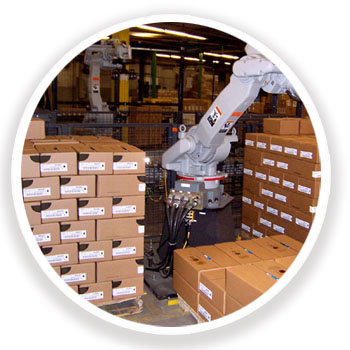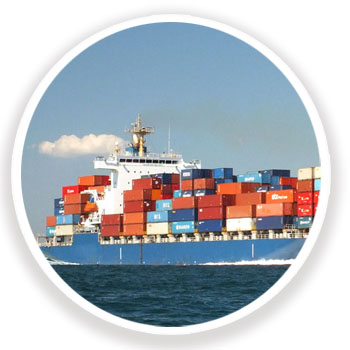Process
“The Power to Produce”MANUFACTURING PROCESS
Properties
Planet Coco provides high quality & environmentally sustainable coir products to our customer's specification. We are a family owned business and we have the production infrastructure in India to supply coco peat products to high volume customers without compromising the quality.
We have a rigid quality control process in place to ensure all our products are thoroughly tested. We take pride in the quality of our products.
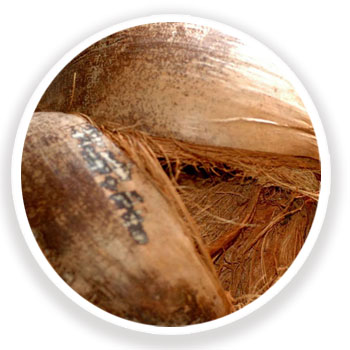
Coco Pith Procurement
Planet Coco's production process starts with the procurement of freshwater grown coconut husks. The curing process for the coconut husk take over 6 weeks, after this process the coconut fibers are separated and graded. Only the top graded coco pith is used in Planet Coco's products.
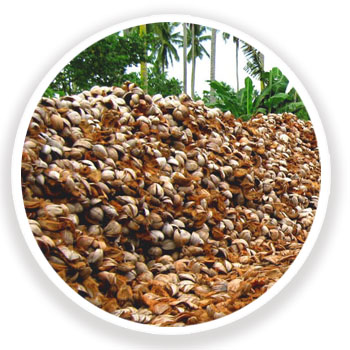
Washing / Aging
The top graded coco pith is left in a clean weed free cement floor for over 18 months. During this time, the monsoon rain washes off excess salts from the coco pith and make the coco pith pH neutral. The coco pith is also washed with fresh water to bring the pH and Electric Conductivity to desired level.
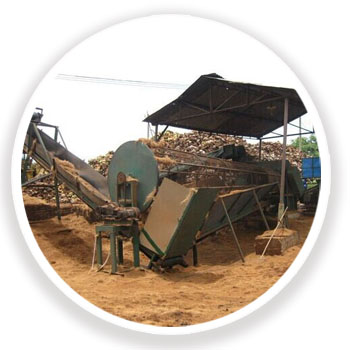
Screening / Sieving
Washed pith is examined for its pH value, Electric Conductivity and salt content. Once the pith reached the preferred level of EC and pH, it is brought for sieving. During the sieving process, the fiber chunks and other impurities are removed. Once we have the pith to the required sieving size, the material is further sent for drying to reduce moisture content.
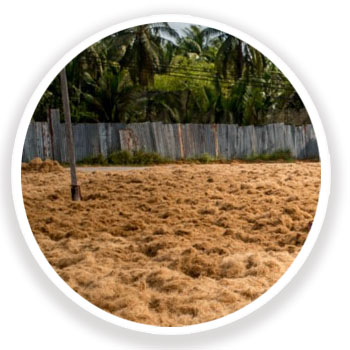
Drying
After sieving, the coco pith is dried under the sun on cement floor. Once the moisture of coco peat become below 18%, the coco pith is sent for final screening.
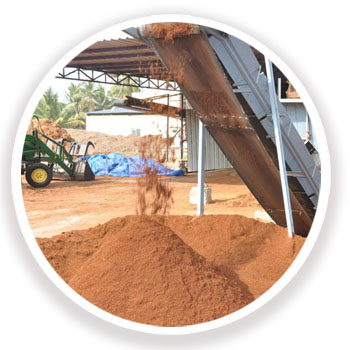
Final Screening
In the final screening / sieving process, the sand is removed by using our automated screeners. Since it's the final screening process, the coco peat is thoroughly tested for any impurities or bigger coco husks.
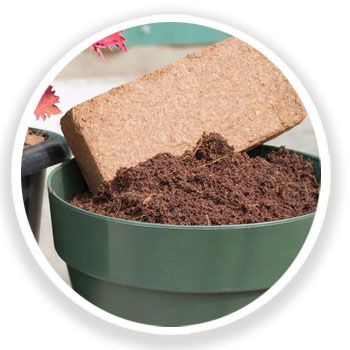
Compression
The screened and dried coco peat will be compressed to 5 KG blocks, 650gm bricks, grow bags using our modernized and full automated hydraulic compression machines. The operation teams make sure the right compression ratio is maintained for all our product lines.
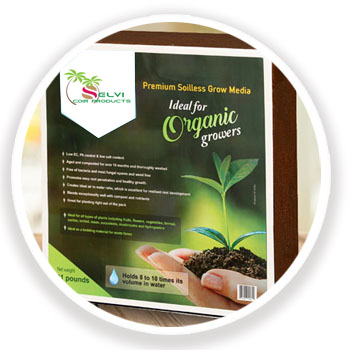
Packaging / Labelling
The compressed coco peat blocks & grow bags are tested for visual defects and weight before labeling and packing them individually. Each product / customers have unique packaging requirement weathers it's a primary, secondary or tertiary packaging.
Got a question? Call Us Now
